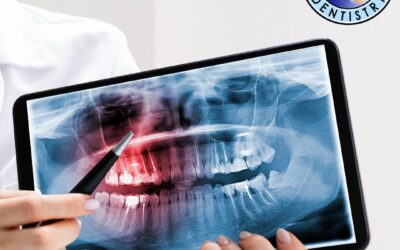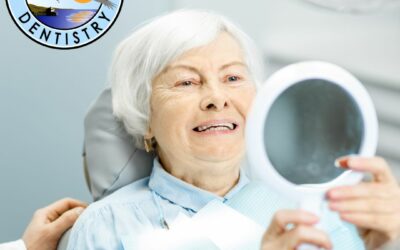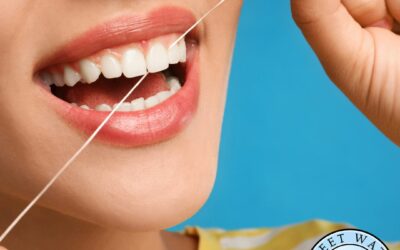What Are the Signs of an Infected Tooth? A Complete Guide to Symptoms and Treatment A tooth infection, also known as a dental abscess, is a painful condition that can lead to serious health...
How Can I Prevent Gum Disease as I Get Older? A Guide to Lifelong Oral Health
How Can I Prevent Gum Disease as I Get Older? A Guide to Lifelong Oral Health As we age, our bodies go through many changes, and our oral health is no exception. One of the most common dental issues...
What Should I Do If My Gums Bleed When I Brush Or Floss?
What Should I Do If My Gums Bleed When I Brush Or Floss? If you've ever experienced that unsettling sight of bleeding gums after brushing or flossing, you're certainly not alone. At Sweet Water...
What Are The Signs And Symptoms Of Gum Disease?
What Are The Signs And Symptoms Of Gum Disease? Welcome to "What Are The Signs And Symptoms Of Gum Disease?"—where we dive into the often overlooked indicators that your gums may be crying out for...
How Can I Prevent Cavities And Gum Disease?
How Can I Prevent Cavities And Gum Disease? Taking care of your teeth is essential for preventing cavities and gum disease, and at Sweet Water Dentistry, we're here to help you every step of the...
How Can I Reduce The Risk Of Gum Disease During Pregnancy?
How Can I Reduce The Risk Of Gum Disease During Pregnancy? Pregnancy is an exciting time filled with anticipation, but it also comes with its own set of health challenges, one of which is an...
What is a Dental Debridement?
Your body will always naturally produce plaque. It’s the soft sticky substance that coats your teeth. If the plaque doesn’t get cleaned off and is allowed to build up along the teeth, it will then...
Causes of Tooth Sensitivity
If you have ever taken a swig of ice-cold water or soda and your teeth start to hurt, you are dealing with teeth sensitivity. While it is painful, it is treatable! Tooth sensitivity can be a...
Are You Brushing Your Teeth Too Hard?
If your teeth are sensitive, you may be brushing too hard or using the wrong toothbrush. When it comes to brushing your teeth, the proper technique should be practiced. If you brush your teeth too...



